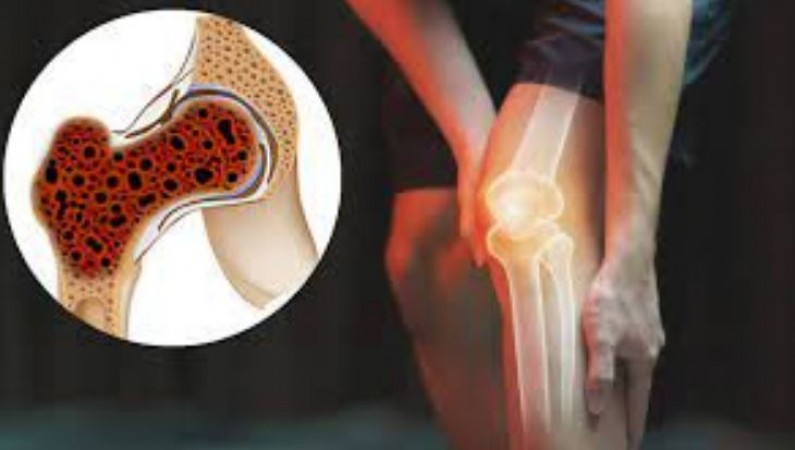
Bone cancer is a rare form of cancer that originates in the bones. While it may be less common than other types of cancer, early detection is crucial for effective treatment. Bone cancer often manifests with persistent pain in the bones, swelling, fractures from minor injuries, and joint pain. In this article, we will explore the key symptoms and warning signs of bone cancer, as well as the importance of seeking medical attention when these signs arise.
Understanding Bone Cancer:
Bone cancer, also known as primary bone cancer, begins in the bones themselves. It can affect individuals of any age, and its rarity can make it challenging to diagnose. However, prompt identification is essential to improve the chances of successful treatment.
Common Symptoms of Bone Cancer:
Persistent Bone Pain: One of the most common symptoms of bone cancer is continuous, unexplained pain in the affected bone. This pain can be sharp, throbbing, or aching and often worsens over time.
Swelling and Tenderness: Bone cancer can lead to swelling and tenderness in the affected area. The affected bone may feel warm to the touch.
Fractures from Minor Injuries: Bones weakened by cancer are more prone to fractures, and these fractures can occur with minimal trauma or stress on the bone.
Joint Pain: Bone cancer near a joint can cause pain and limited mobility in that joint. This can lead to difficulty in performing everyday activities.
Warning Signs of Bone Cancer:
In addition to the common symptoms mentioned above, there are specific warning signs that may indicate bone cancer:
1. Back Pain: Persistent back pain, especially in the lower back, can be a significant indicator of bone cancer. If the pain is unrelenting and not alleviated by medication, it should raise concerns.
2. Night Pain: Bone cancer pain often intensifies at night or when physical activity is reduced. If you notice that your back pain becomes more severe during the night without any obvious cause or injury, it could be a sign of bone cancer.
3. Development of Lumps: In some cases, bone cancer can cause the formation of lumps or masses near the painful area. If you or someone in your family has a history of cancer, you may be at higher risk.
Importance of Early Diagnosis:
Early diagnosis of bone cancer is critical for better treatment outcomes. If you or your child experiences persistent back pain or exhibits any of the warning signs mentioned, it is essential to consult a medical professional promptly. They can conduct the necessary tests and imaging studies to confirm or rule out bone cancer.
Bone cancer may be a rare type of cancer, but its early detection is just as crucial as any other form of cancer. Understanding the symptoms and warning signs, such as persistent pain, swelling, fractures, joint pain, back pain, night pain, or the development of lumps, can help individuals seek medical attention promptly. Timely diagnosis and treatment can significantly improve the chances of successful recovery for those affected by bone cancer.
How to Enjoy the Health Benefits of Fried Rice on National Fried Rice Day
Empower Yourself: 10 Proven Ways to Prevent Cancer
There is no stronger option of Smartwatch than this in the entire market, know what is the specialty